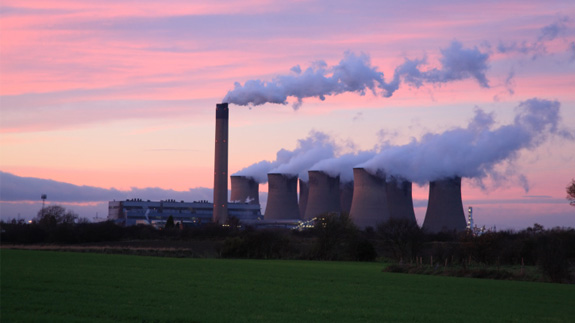The European Commission said it will investigate to ensure the public funds used to support the project do not result in overcompensation and do not give the operator an unfair advantage over competitors.
Drax is seeking the government’s help to convert one of its six units at its coal plant in Selby, northern England, to burn wood pellets.
It will have the capacity to generate 645MW of renewable electricity and be paid a strike price for the production.
The project is estimated to supply around 3.6TWh of electricity per year and operate until 2027. The plant would require approximately 2.4 million tonnes of wood pellets annually, mainly sourced from the US and South America.

Drax has so far switched two other units to biomass before the UK planned to slash subsidies in July last year.
The Commission considered the estimates of the plant’s economic performance “may be too conservative” in its preliminary analysis.
It added: “A positive change in operating parameters could significantly affect the project’s rate of return. At this stage, the Commission therefore has concerns that the actual rate of return could be higher than the parties estimate and could lead to overcompensation.
“Moreover, the amount of wood pellets required is considerable, as compared to the volume of the global wood pellets market and demand from the Drax conversion project could significantly distort competition in the biomass market. The Commission is therefore also concerned that on balance the measure’s negative effects on competition could outweigh its positive effect on achieving EU 2020 targets for renewable energy.”
Drax said it welcomes the opportunity to work with the UK Government and the Commission to complete the state aid clearance process.
Last year the Commission approved UK state aid for the Teesside combined heat and powerbiomass plant and the conversion of Lynemouth power station to biomass.
Ngoc Diep (The Energy Live News)
